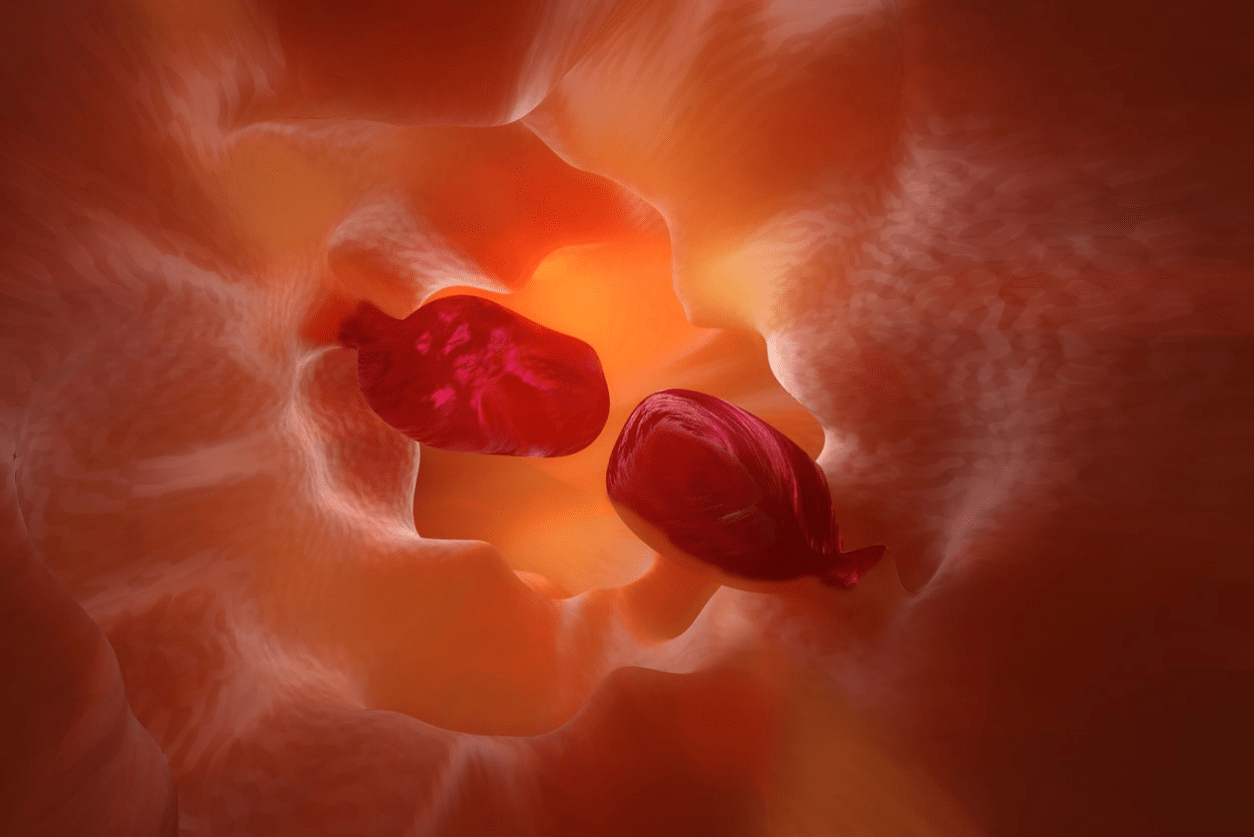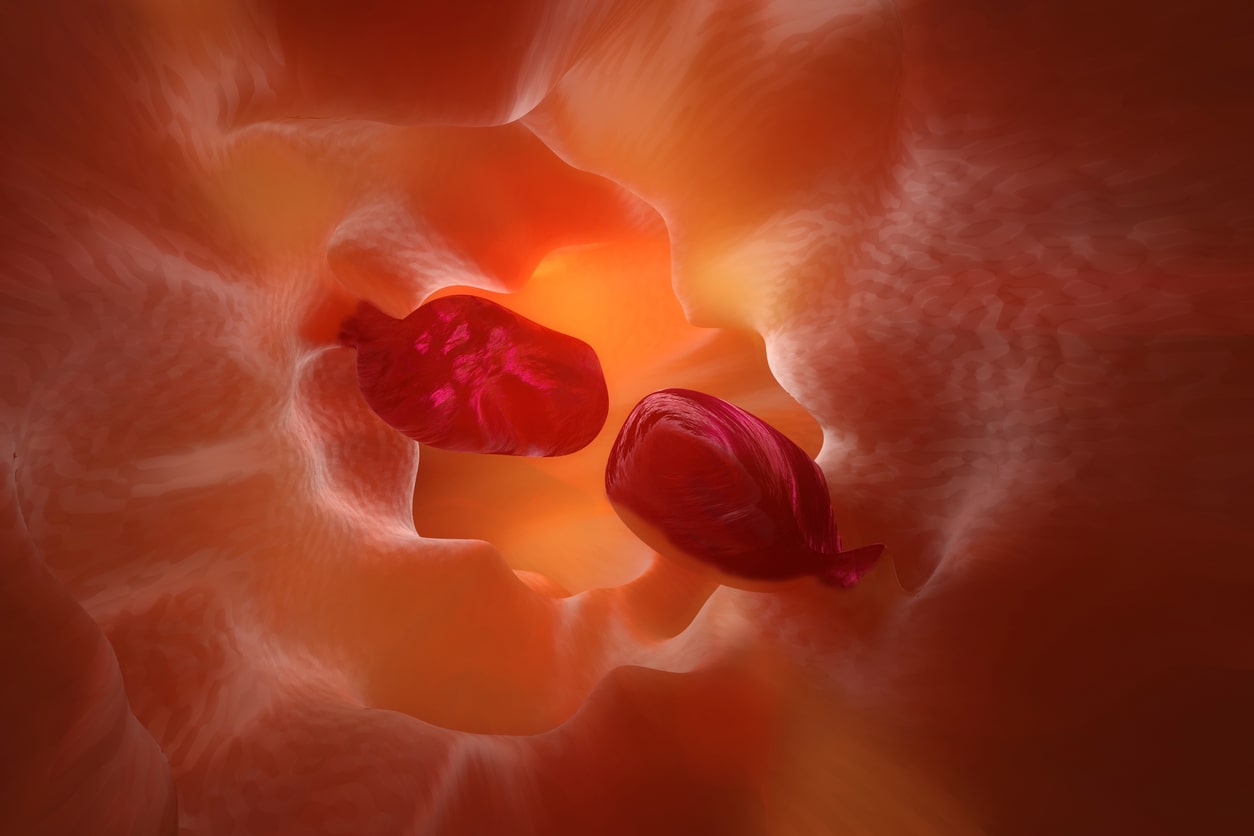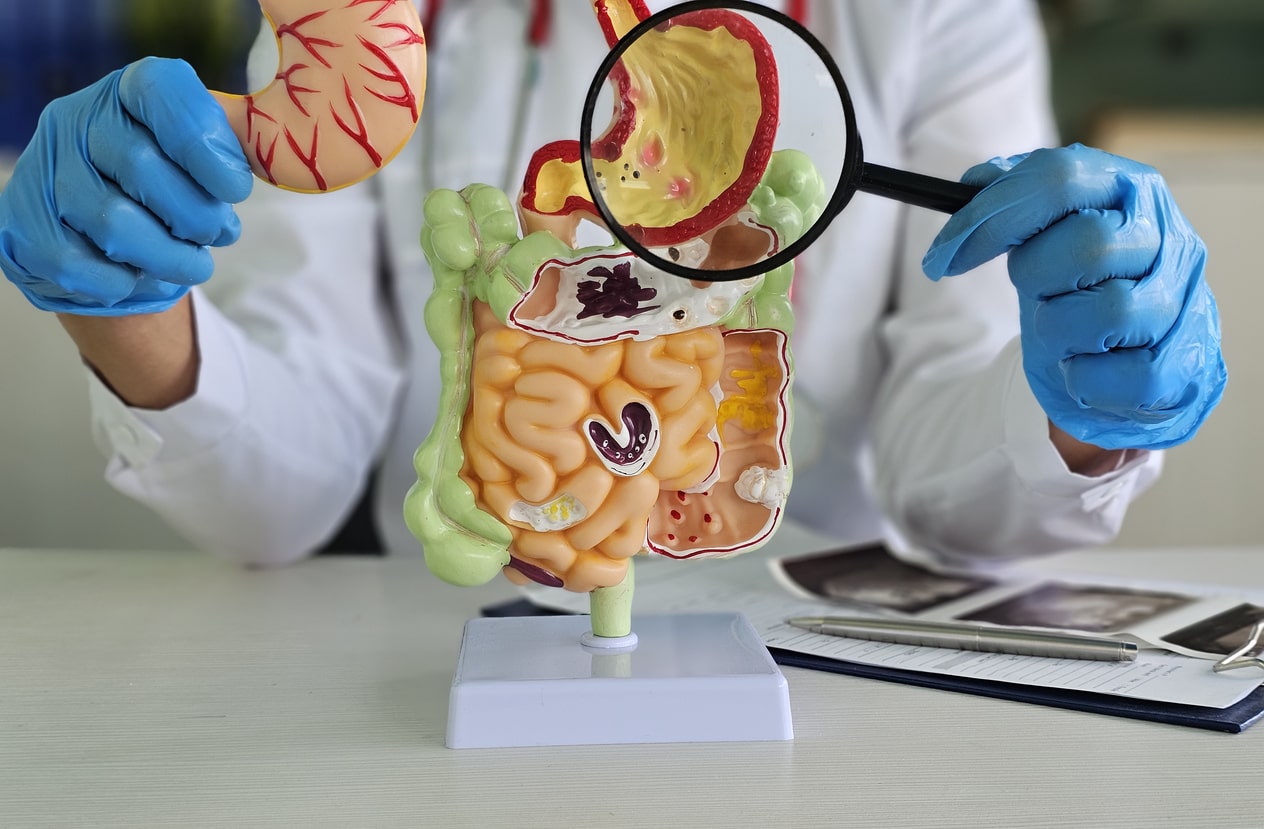
Navigating Rectal Cancer: Everything You Need to Know
Rectal cancer begins in the rectum, the final part of the large intestine, often starting as small, benign growths called polyps. If not detected early, these polyps can progress to cancerous tumors. The disease may initially cause changes in bowel habits or unexplained bleeding, which can escalate to more severe symptoms if not addressed promptly. Recognizing these early signs and understanding common risk factors are crucial for effective early detection and management.
Symptoms of Rectal Cancer
Rectal cancer can manifest through various symptoms, which may differ in intensity and impact. Key symptoms to watch for include:
- Rectal Bleeding: The presence of blood in the stool or toilet paper may appear bright red or dark. This bleeding might be intermittent or persistent and can signal a potential problem in the rectal area.
- Persistent Pain and Discomfort: Ongoing pain or discomfort in the rectal region may intensify over time. This pain might be accompanied by a sensation of fullness or pressure in the lower abdomen.
- Changes in Bowel Habits: Significant alterations in bowel movements, such as persistent diarrhea, constipation, or narrowing of the stool, may indicate a blockage or abnormal growth.
- Unexplained Weight Loss: Noticeable weight loss without changes in diet or physical activity. This symptom can occur as the body responds to cancer or due to reduced appetite.
- Abdominal Discomfort and Feeling of Incomplete Evacuation: Persistent or severe abdominal cramping, bloating, or the sensation of incomplete bowel emptying, which can affect overall comfort and bowel function.

Risk Factors
Several factors can increase the likelihood of developing rectal cancer, though having one or more of these does not guarantee the disease. Key risk factors include age, with most cases occurring in individuals over 50, and a family history of colorectal cancer or polyps, which suggests a genetic predisposition. Lifestyle choices also play a significant role; a diet high in red or processed meats and low in fiber, combined with physical inactivity, obesity, and smoking, can elevate risk. Certain genetic conditions, like Lynch syndrome and familial adenomatous polyposis (FAP), can increase the risk of rectal cancer. People with these conditions may need to start screenings earlier and have them more often to catch problems sooner.
Those with inflammatory bowel diseases such as ulcerative colitis or Crohn’s disease are at a higher risk due to long-term inflammation of the colon and rectum. Recognizing these risk factors can aid in early screening and preventative measures, improving the chances of successful management and treatment.
Diagnostic Rectal Cancer
Diagnosing rectal cancer involves several methods to accurately identify and stage the disease. The process typically begins with a detailed medical history and physical examination, including a digital rectal exam to check for abnormalities. If rectal cancer is suspected, a colonoscopy is usually performed to visualize the rectum and colon, allowing for the collection of biopsy samples to confirm the presence of cancerous cells. Staging the cancer helps doctors understand how far it has spread, which is essential for deciding on treatment. It shows the size of the tumor and whether it has reached nearby lymph nodes or other organs like the liver or lungs.
Imaging tests such as computed tomography (CT) scans, magnetic resonance imaging (MRI), or positron emission tomography (PET) scans may be used to determine the extent of the disease and whether it has spread to other areas. Blood tests may be conducted to assess overall health and identify any tumor markers. Early and accurate diagnosis is crucial for developing an effective treatment plan.

Treatment Options
Treatment for rectal cancer depends on the stage of the disease and other individual factors. Common treatment options include:
- Surgery: The primary treatment for rectal cancer may involve removing the tumor and surrounding tissue through procedures such as local excision, low anterior resection, or abdominoperineal resection.
- Radiation Therapy: Uses high-energy rays to target and destroy cancer cells. It may be used pre-surgery to shrink the tumor or post-surgery to eliminate any remaining cancer cells.
- Chemotherapy: Utilizes drugs to kill cancer cells or stop their growth. It can be administered orally or intravenously and is often used in combination with other treatments, especially if the cancer has spread.
- Targeted Therapy: Involves drugs specifically targeting cancer cells or the mechanisms enabling their growth. This approach is used for certain types of rectal cancer with specific genetic mutations or markers.
- Immunotherapy: Boosts the body’s immune system to help it recognize and attack cancer cells. This treatment is typically considered for advanced cases or specific genetic profiles.
Prevention Methods
Taking proactive steps can help reduce the risk of developing rectal cancer. Key prevention methods include:
- Regular Screenings: Undergoing routine screenings, such as colonoscopies, starting at age 45 or earlier if you have a family history or other risk factors. Early detection through screening can identify precancerous polyps and allow for timely intervention.
- Healthy Diet: Eating a diet rich in fruits, vegetables, whole grains, and low in red and processed meats. High fiber intake and a balanced diet can help reduce the risk of rectal cancer.
- Regular Exercise: Engaging in regular physical activity to maintain a healthy weight and reduce the risk of obesity, which is a known risk factor for rectal cancer.
- Maintaining a Healthy Weight: Achieving and maintaining a healthy body weight lowers the risk of developing rectal cancer and other related health issues.
- Avoiding Tobacco and Excessive Alcohol: Not smoking and limiting alcohol consumption, as tobacco use and excessive drinking are associated with an increased risk of rectal cancer.

Contact Us for Treatment
Understanding rectal cancer and its associated risk factors is crucial for effective prevention and early detection. Recognizing symptoms, undergoing regular screenings, and adopting a healthy lifestyle can significantly lower your risk of developing this disease. Staying informed about treatment options and preventive measures empowers you to make proactive decisions about your health.
If you have concerns or are due for a screening, don’t hesitate to seek expert guidance. At Gastroenterology of Greater Orlando, our experienced team is dedicated to providing comprehensive care and support tailored to your needs. Contact us today to schedule an appointment and take the first step towards treatment.